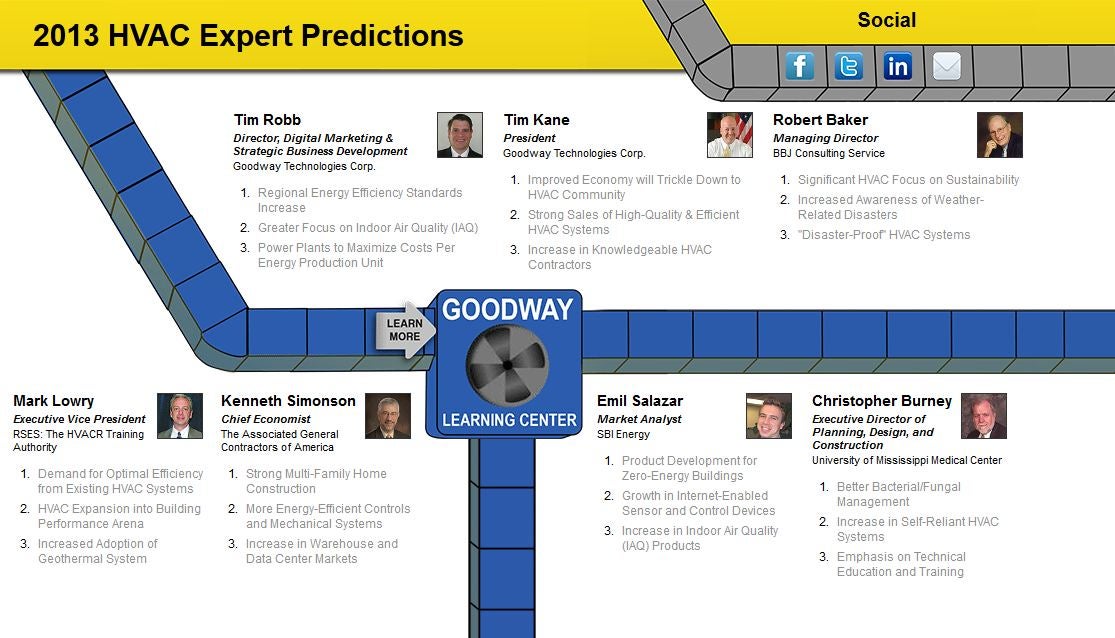Maximizing Comfort And Cost Savings - Tips For Optimizing Your Heat Pump Efficiency
Maximizing Comfort And Cost Savings - Tips For Optimizing Your Heat Pump Efficiency
Blog Article
find more information -Sutton Proctor
Whether you have a heatpump or have an existing central heating boiler back up, there are a few points that can be done to enhance your system for effective procedure. By complying with these ideas, you can make the most of convenience and financial savings without stressing your system or acquiring power bills.
Readjusting your thermostat for efficiency is one of the first steps. Making use of zoning capacities to restrict home heating of vacant areas is an additional efficient technique.
1. Set Your Thermostat to the Right Temperature level
As the seasons transform, stabilizing comfort and expense performance can be a challenge. Fortunately, a couple of simple tips can help you minimize energy usage and maximize cost savings.
Beginning by establishing the most effective temperature level for your household, then establish your thermostat appropriately. Avoid making big jumps up and down in the temperature level setting, as this will certainly cause your heat pump to cycle on and off a lot more frequently, using up more energy.
Rather, progressively lower the temperature during the night for a much more comfy sleeping atmosphere. After that, elevate it somewhat in the early morning. Keep in mind to keep air vents open and guided downward when heating, and up when cooling down to maximize circulation.
2. Check Your System Routinely
A heatpump system calls for marginal upkeep, however it is necessary to examine the unit frequently to catch any kind of issues prior to they become serious. Tidy indoor filters on a schedule set by the maker or when they're visibly filthy, and see to it exterior systems have at least two feet of clearance to enable airflow.
Evaluating the unit will also include cleaning, tightening electrical terminals, and running efficiency tests to guarantee accuracy throughout home heating and cooling modes. It's recommended to have a specialist solution the heat pump two times a year. Executing these regular services can make best use of power savings and lengthen the life of the device.
3. Clear Snow and Ice Around the Device
Heat pumps are developed to run outdoors and need to be free of snow and ice in order to circulate air. If your heat pump is obstructed by snow and can't attract air, it will certainly toggle in between heating and cooling and might overwork.
It is essential to remove a two-foot clearance around your exterior system in order to boost air flow and prevent ice build-up. Heat pumps generally enter a defrost mode in the winter season to melt ice and snow however this procedure can be problematic if your system is obstructed by too much snow. This will certainly minimize your energy performance and cause costly repair expenses in the future.
4. Evaluate the Cooling Agent Levels
A heatpump makes use of refrigerant to cool your home in summer season and cozy it in winter months. You can help maximize its efficiency by frequently checking the refrigerant degrees.
It takes much more power to alter the temperature of your heatpump from a comfortable setting to a chillier one than it does to keep that temperature. Transforming the temperature for brief periods of time can likewise squander energy.
Leaking air ducts and dirty air filters can lead to uneven temperatures. They can likewise make your heat pump less efficient and set you back even more to operate. An expert can find and repair these issues to improve your heat pump's efficiency.
5. Optimize Your Zoning Capabilities
Making use of the zoning abilities of a heat pump can aid to lessen power waste by heating up only busy rooms. This not only reduces power consumption yet also minimizes operating costs and expands the life of the system.
The Build Balanced Zones device uses a hereditary formula to build areas that fulfill called for area building standards. These requirements consist of equivalent area, density, and equal variety of functions.
In addition, by utilizing wise thermostat innovation to enhance the temperature level setups based upon tenancy patterns and organizing, you can additionally enhance your heat pump's effectiveness. Preserving a clean air filter, making certain proper insulation and having your ductwork reviewed for performance can all add to boosted energy financial savings as well.
6. Shading the Outdoor Device
House owners often ask whether it's worthwhile to plant shade trees near their exterior ac unit (AC) unit. The solution is normally of course, as shading the a/c system can help reduce warmth from the sunlight, which in turn helps it cool down extra successfully.
However, it is essential to keep in mind that shading the air conditioner unit does not necessarily cut power consumption. As explained in the Conversation section of the FSEC report, the temperature level of the surrounding air has a larger impact on cooling down efficiency than does the volume of air pulled in by the a/c unit.
If your a/c compressor gets on the south side of your home, take into consideration growing tall, deciduous trees with wide, vast canopies. These can offer ample shade within one year.